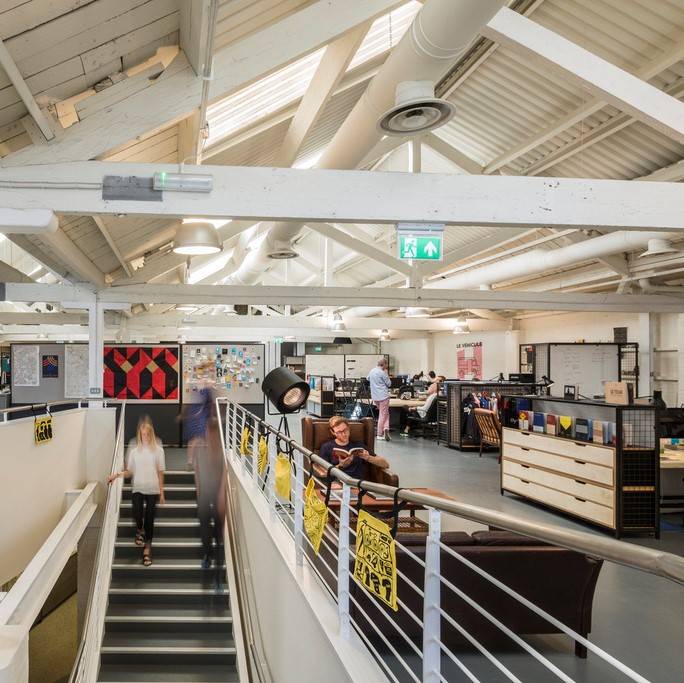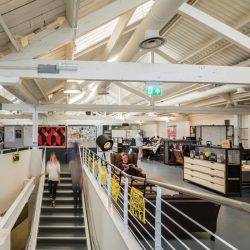February 19, 2018
Employers support post-Brexit immigration system that tackles skills and labour shortages
 Demand for labour is likely to remain relatively strong in the near-term which is one of the main reasons why employers support a national approach to tackling the UK’s skill and labour shortages post-Brexit, in comparison with a regional or sectoral one. According to the latest quarterly Labour Market Outlook from the CIPD and The Adecco Group the preference for a national labour or skills shortage occupation scheme reflects the main reason given by organisations for employing EU nationals, which is that they have difficulty finding local applicants to fill lower skilled roles, as cited by 18 percent of employers. The national survey of more than 2,000 employers found that the relative majority of employers (41 percent) would prefer a UK-wide immigration system that is based on national labour or skill shortage occupations in the likely event of migration restrictions once the UK leaves the European Union. In contrast, around one in ten (13 percent) favour a sector-based policy and just 5 percent would back a regional policy.
Demand for labour is likely to remain relatively strong in the near-term which is one of the main reasons why employers support a national approach to tackling the UK’s skill and labour shortages post-Brexit, in comparison with a regional or sectoral one. According to the latest quarterly Labour Market Outlook from the CIPD and The Adecco Group the preference for a national labour or skills shortage occupation scheme reflects the main reason given by organisations for employing EU nationals, which is that they have difficulty finding local applicants to fill lower skilled roles, as cited by 18 percent of employers. The national survey of more than 2,000 employers found that the relative majority of employers (41 percent) would prefer a UK-wide immigration system that is based on national labour or skill shortage occupations in the likely event of migration restrictions once the UK leaves the European Union. In contrast, around one in ten (13 percent) favour a sector-based policy and just 5 percent would back a regional policy.






 A third of workers (32 percent) regularly struggle to be productive in their job, and one in six (16 percent) blame their manager – claims a new survey from ADP. This puts bad management ahead of inefficient systems and processes (15 percent) and staff shortages (13 percent) as the biggest drain on productivity in the UK workplace. The UK has been grappling with low productivity levels for a number of years, consistently placed behind other leading economies, such as Germany and the US in official productivity tables. While recent ONS figures suggested a recovery is underway, reporting
A third of workers (32 percent) regularly struggle to be productive in their job, and one in six (16 percent) blame their manager – claims a new survey from ADP. This puts bad management ahead of inefficient systems and processes (15 percent) and staff shortages (13 percent) as the biggest drain on productivity in the UK workplace. The UK has been grappling with low productivity levels for a number of years, consistently placed behind other leading economies, such as Germany and the US in official productivity tables. While recent ONS figures suggested a recovery is underway, reporting 



























February 12, 2018
Luther, Marx, Engels and a nailed-on manifesto for workplace change
by Mark Eltringham • Comment, Facilities management, Workplace design
More →